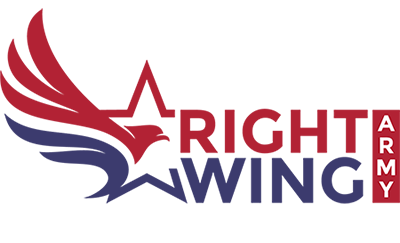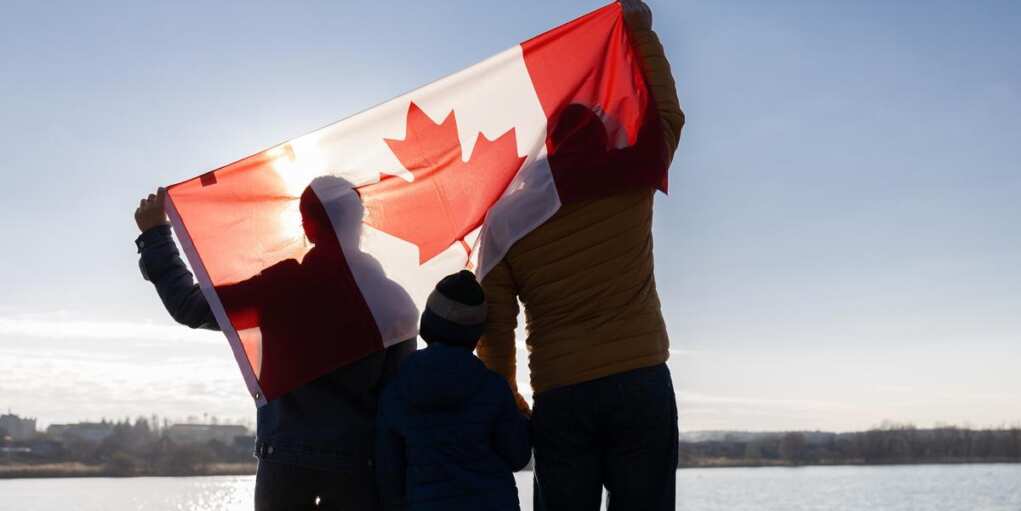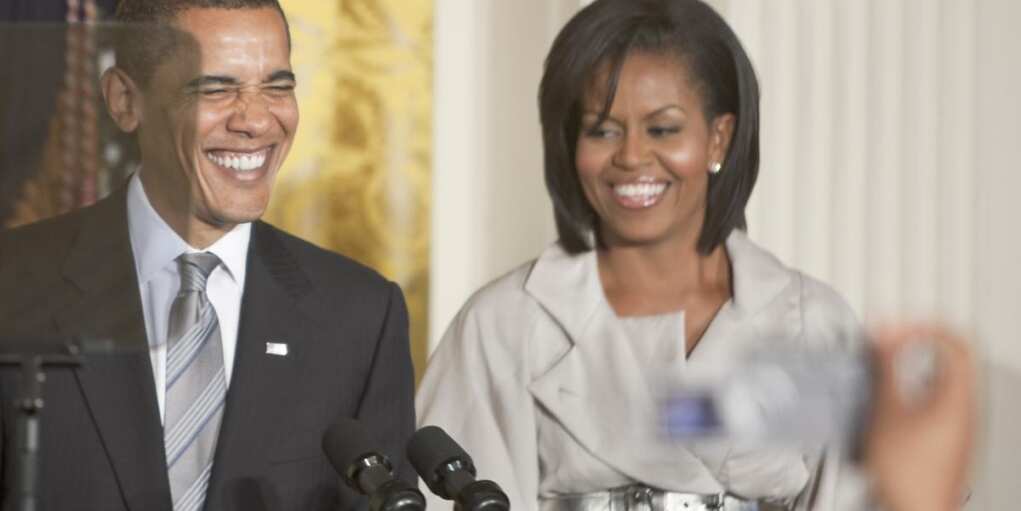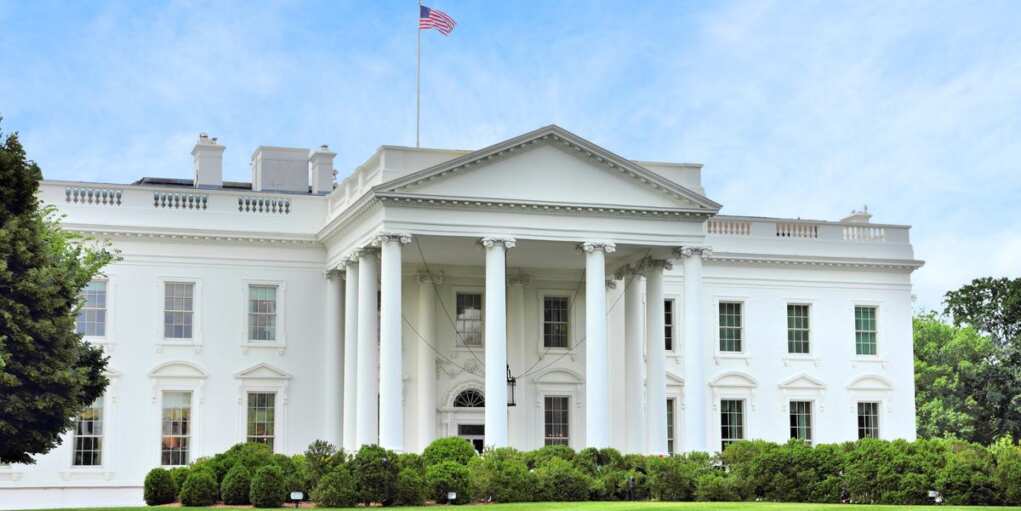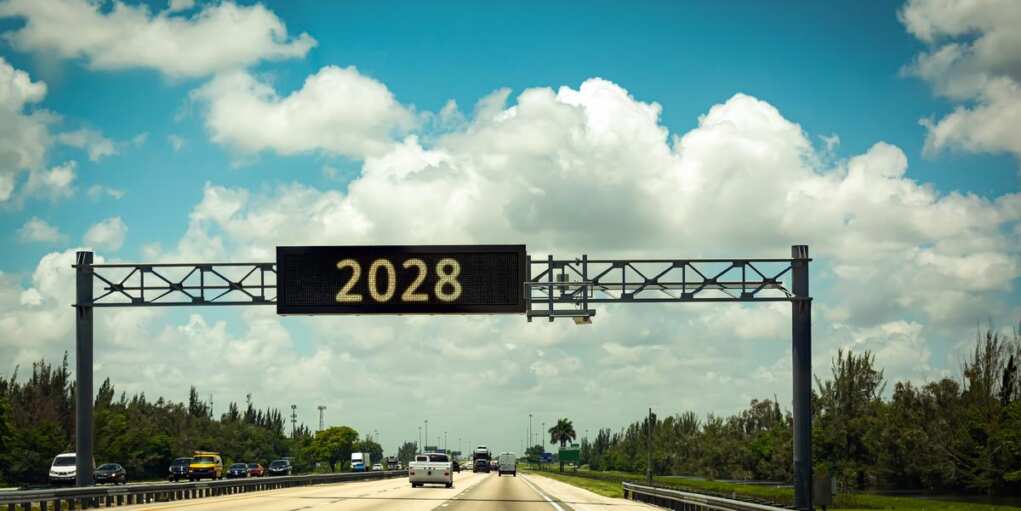Media Confused By ‘Mysterious’ Fentanyl Drop At Border
MOLEQLThe Washington Post is catching heat from all sides after publishing an article claiming there’s a “mysterious” drop in fentanyl trafficking at the U.S.-Mexico border—a decline many say is clearly tied to President Trump’s policies. Critics online and in Washington blasted the liberal outlet for what they called a willful refusal to acknowledge reality. The […]
Duck Dynasty Makes a Comeback With New Leader
Debby WongThe beards are back. After an eight-year hiatus, “Duck Dynasty” has returned to A&E with a revival series that dives straight into family, legacy, and who’s next in line to lead the duck call empire. The premiere episode aired June 1, featuring Willie Robertson, his wife Korie, and their children and grandchildren as they kick […]
China-Linked Sex Trafficking Ring Uncovered in 18 States
MyImages - MichaA nationwide sting operation has just peeled back the curtain on one of the largest sex trafficking networks in U.S. history — and the shocking revelation is that Chinese organized crime is at the center of it. On Thursday, over 150 law enforcement agencies across 18 states launched coordinated raids targeting massage parlors, hotels, and […]
Trump Shocks Reporters With Unexpected Pardon Consideration
AneloPresident Trump dropped a political bombshell this week when he said he would consider pardoning the men convicted in the 2020 plot to kidnap Michigan Gov. Gretchen Whitmer, calling the case “somewhat of a railroad job.” Speaking at the White House after swearing in former Judge Jeanine Pirro as interim U.S. Attorney for D.C., Trump […]
RFK Jr. Cracks Down On Evil Medical Procedures
GorodenkoffHealth and Human Services Secretary Robert F. Kennedy Jr. sent shockwaves through the medical community Wednesday with a letter urging providers and state medical boards to end the use of puberty blockers, cross-sex hormones, and surgeries on children suffering from gender confusion. The letter follows the release of a major HHS review titled “Treatment for […]
Trump Teases Shocking Offer to U.S. Ally as Media Spins Out
Anna PasichnykPresident Donald Trump is setting the tone for another whirlwind news cycle, starting with a bombshell suggestion that Canada is “considering” becoming the 51st U.S. state. The remark, made during his latest comments from the White House, sent media outlets scrambling and social media into overdrive. Trump didn’t offer details — but then again, he […]
Trump Guts Another Agency In Deep State Crackdown
Andrea IzzottiPresident Donald Trump and Secretary of State Marco Rubio are cutting deep into the National Security Council, axing more than 100 staffers in a major shake-up aimed at eliminating what they call the “ultimate Deep State.” The move is part of a sweeping effort to restore the NSC to its original role and strip away […]
Obama Insider Issues Stark Warning To Democrats
K2 imagesDan Pfeiffer, former senior advisor to President Barack Obama, issued a dire warning for his party on the latest episode of “Pod Save America”: If Democrats can’t reverse their collapse among Latino voters, they may never win another election. Pfeiffer’s comments were triggered by a closer look at the 2024 exit polls, which showed Kamala […]
Newsom Declares Legal War on Trump Over Emissions Rules
Sheila FitzgeraldGovernor Gavin Newsom and Attorney General Rob Bonta announced Thursday that California will sue President Donald Trump over a Senate vote to revoke three of the state’s controversial emissions waivers. These waivers, granted during the Biden administration, allowed California to enforce stricter emissions regulations than federal law and push a zero-emission vehicle mandate by 2035. […]
Dems Push Law That Could JAIL Christians—Trump Responds
Thx4Stock teamWashington state just took an explosive step in its ongoing crackdown on religious freedom—and this time, the Catholic Church is directly in the crosshairs. In a sweeping new measure, Senate Bill 5375, Democrats are demanding that priests break the seal of confession and report any abuse-related admissions to law enforcement—even though they specifically exempt doctors, […]
Parents Shut Out—Washington Signs Shocking New School Law
ORION PRODUCTIONDemocratic Governor Bob Ferguson has signed legislation that deals a crushing blow to parental authority in Washington’s public schools—rewriting a citizen-led initiative that once guaranteed transparency. Now, key information about a child’s health, identity, and school life can be withheld from the very people legally responsible for them. The law, House Bill 1296, overhauls Initiative […]
Google Under Fire For Suppressing Conservatives’ Emails
RYO AlexandreRepublican leaders are taking aim at Google over what they describe as a calculated effort to suppress conservative voices through email filtering. In a formal letter sent Wednesday to FTC Chair Andrew Ferguson, the National Republican Congressional Committee (NRCC) and the National Republican Senate Committee (NRSC) demanded an investigation into what they claim is a […]
Kids Ask Trump Questions at White House—and One Has Everyone Laughing
Nimneth X“National Take Our Sons and Daughters to Work Day” at the White House gave reporters’ children the mic—and their innocent curiosity about President Donald Trump made for a heartwarming, and at times hilarious, press briefing. White House Press Secretary Karoline Leavitt welcomed the children into the James S. Brady Press Briefing Room, where they asked […]
2028 Frenzy Begins as Democrats Ditch Tradition
PixelvarioLess than four months into President Donald Trump’s second term, the race for 2028 is already heating up—and Democrats are dropping any pretense of restraint. A growing list of ambitious party figures are openly laying the groundwork for presidential bids, breaking with the tradition of quietly testing the waters. In the past, political hopefuls downplayed […]
Federal Judge Deals Blow To Another Trump Admin Agenda
New AfricaThe Trump administration’s aggressive move to dismantle the U.S. Institute of Peace (USIP) was just declared “unlawful” by a federal judge—marking a major legal setback for the Department of Government Efficiency (DOGE) and igniting controversy over executive authority and congressional oversight. U.S. District Judge Beryl Howell issued the ruling Monday, blasting the administration’s effort to […]
